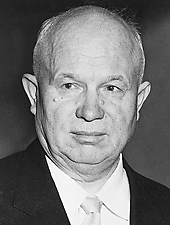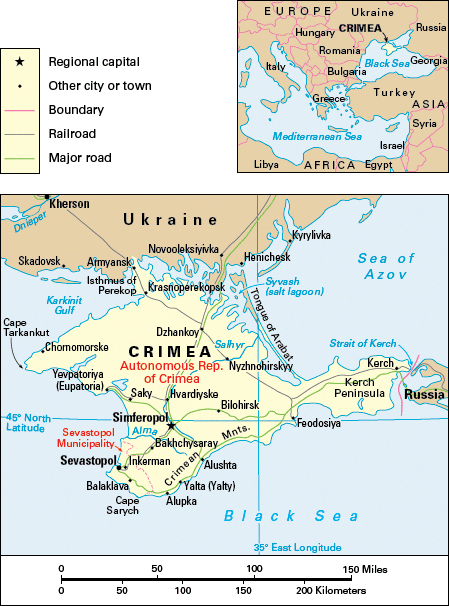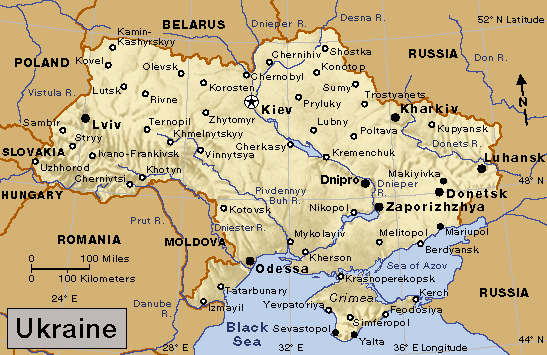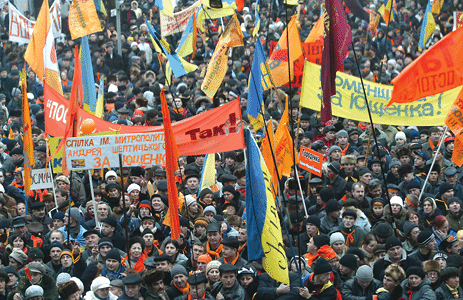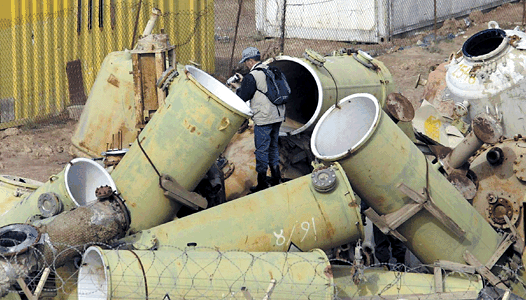Ukraine Crisis Simmers
Tuesday, March 11th, 2014March 11, 2014
U.S. Secretary of State John Kerry today rejected an offer to confer with Russian President Vladimir Putin on the crisis in Ukraine. Kerry told Russian Foreign Minister Sergei Lavrov that Russia’s military intervention in Crimea had made any negotiations extremely difficult.
Yesterday, the Putin government accused right-wing militants and Ukraine’s new pro-Western government of spreading “chaos” across the eastern part of the country. In a statement issued to the media, Russia said it was outraged “by the chaos which is currently ruling in eastern regions of Ukraine,” allegedly by masked gunmen attacking pro-Russian demonstrators. Crimea as well as eastern Ukraine is largely populated with Russian-speaking people with close cultural ties to Russia. Western Ukraine is largely populated with Ukrainian-speaking people who want Ukraine allied with the European Union (EU).
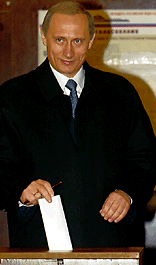
President Vladimir Putin (AP/Wide World)
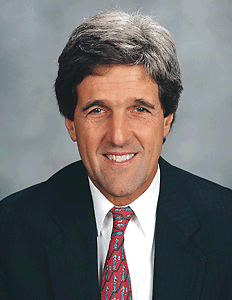
Secretary of State John Kerry (U.S. Senate)
International affairs experts voiced fears that Putin may use the accusation as a pretext for further Russian intervention in Ukraine, widening the current crisis. The statement was issued one day after the administration of U.S. President Barack Obama announced that Ukraine’s interim prime minister, Arseniy Yatsenyuk, will meet with the president in Washington tomorrow.
The unrest in Ukraine began on November 21 when then-President Viktor Yanukovych backed out of proposed political and free trade accords with the EU that would have effectively moved the country away from Russia. Russia has dominated Ukraine on and off for more than 200 years. Because of its fertile soil, Ukraine was once described as Russia’s breadbasket.
Additional World Book articles:
- Russia in the Post-Soviet World (a special report)
- Ukraine 1994 (a Back in Time article)

